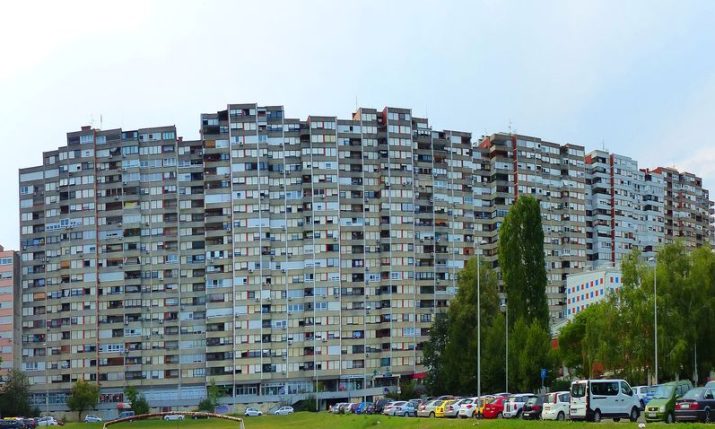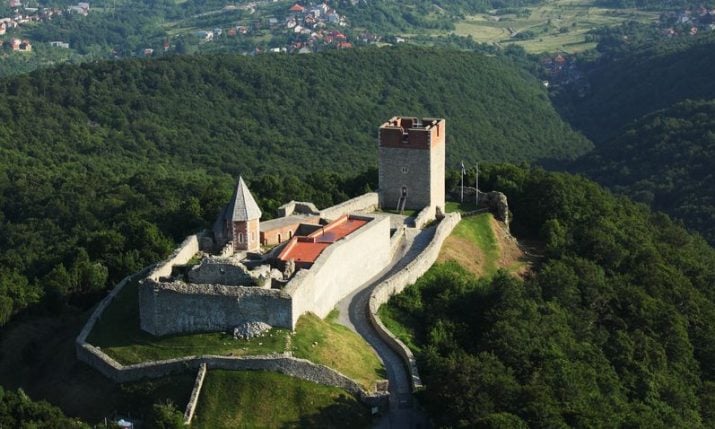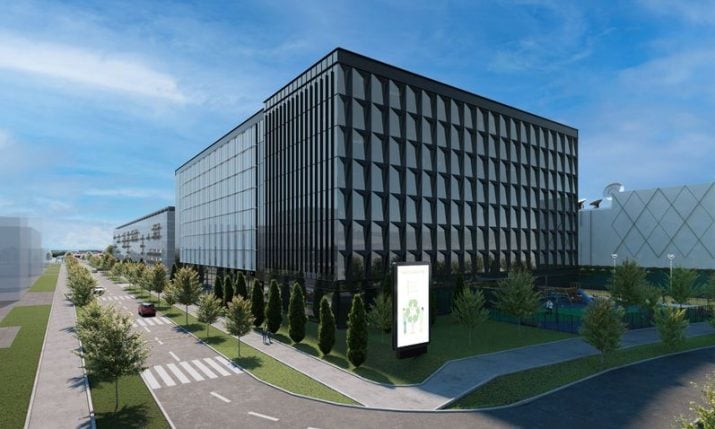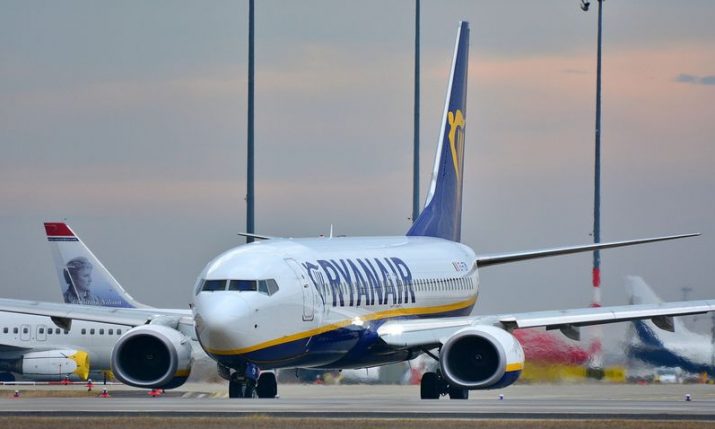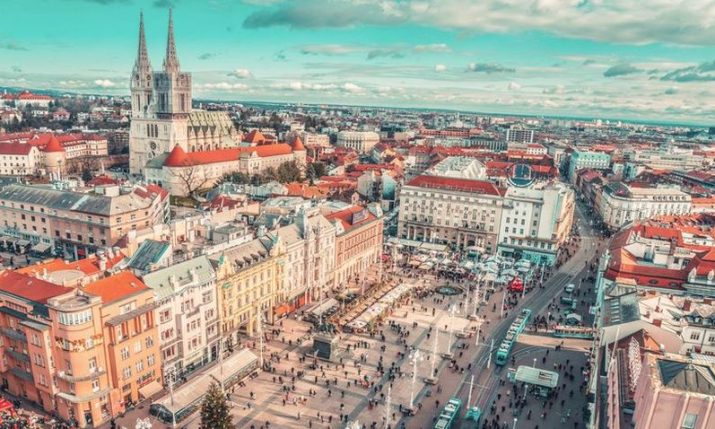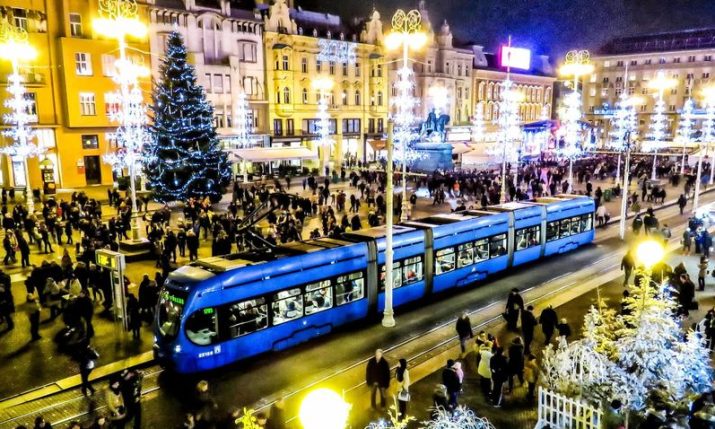Zagreb’s hospitality sector wrestles with rising expenses and workforce shortfall
- by croatiaweek
- in Business

(Photo credit: Davorin Krešić)
Zagreb caterers have made new demands to the City of Zagreb and the Government of the Republic of Croatia.
The 2023 Zagreb Caterers’ Forum, which marks its fifteenth year of operation, brought together caterers and other experts, as well as representatives of state and city institutions and establishments, at the Esplanade Hotel in Zagreb this year to discuss burning issues for the catering sector.
Seven Zagreb caterers, who have been running their establishments for a respectable number of years, received awards for their professional work: Vesna Šuman, Ognjište Šuman, Krešo Štojc, Caffe Cajt, Dino Rešetar, Vallis Aurea, Josip Blažanović, Orlando, Ivanka Matić, Sermonia, Dražen Boban, Vinodol, and Žakline Troskot, Amelie.
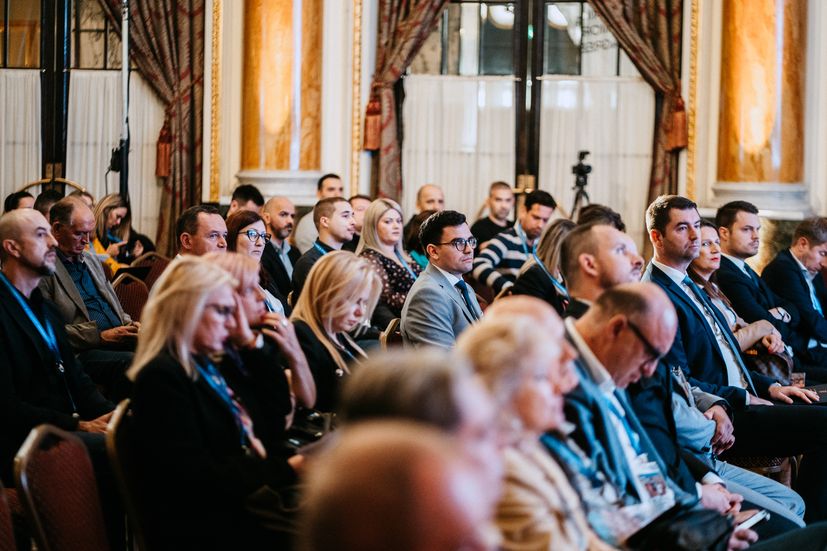
(Photo credit: Davorin Krešić)
Present at the forum were Davor Filipović, Minister of Economy and Sustainable Development, Tomislav Tomašević, Mayor of the City of Zagreb, Ivan Vidiš, State Secretary in the Ministry of Labor, Pension System, Family, and Social Policy, Luka Čirko, Director of the Labor Market and Employment Office in the Ministry of the same name, and Robert Pende, Director of the Entrepreneurship Development, Investment, and Tourism Competitiveness Office in the Ministry of Tourism and Sports.
Milka Kosanović, the Director of Membership Relations at HUP, presented her view on workforce migration, Dalibor Kratohvil, the President of HOK, spoke about HOK’s activities, while Antun Trojnar commented on the situation in the Zagreb Chamber of Crafts.
Blaž Cvar, President of the Slovenian Chamber of Crafts, spoke about the challenges facing caterers in Slovenia, and the Director of the Craft Institute, Dražen Maksimović, focused on education-related topics.
One of the lecture topics was the card payment of tips, which has only recently become relevant in Croatia, while it has been implemented for two years in Slovenia. Discussions also focused on one of the key issues for the City of Zagreb, the problem of which could seriously jeopardize Zagreb’s caterers – the increase in the rent of parking spaces for terraces. It was highlighted that the announced 900% increase over the next two years is unacceptable.
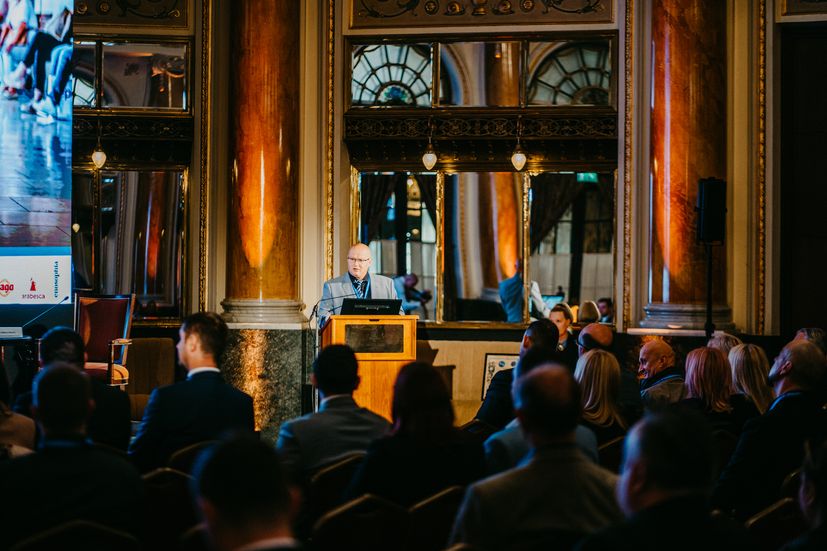
(Photo credit: Davorin Krešić)
A new challenge for caterers is undoubtedly finding solutions for employing workers during periods of increased business frequency, such as weekends. Therefore, the Association proposed the introduction of an e-vignette system for employees, whereby the purchase of the vignette would cover all costs and contributions to the state for these workers.
Milka Kosanović from HUP emphasized the difficulty in providing concrete overall estimates of needs for 2024. It is currently known that the sectors with the greatest need are those that employ the most, such as construction and hospitality and tourism. Today’s easier cross-border mobility of daily labor migrants will also certainly have a negative impact on employers’ access to the workforce, all of which will generate a need for a significantly higher number of foreign workers in Croatia.
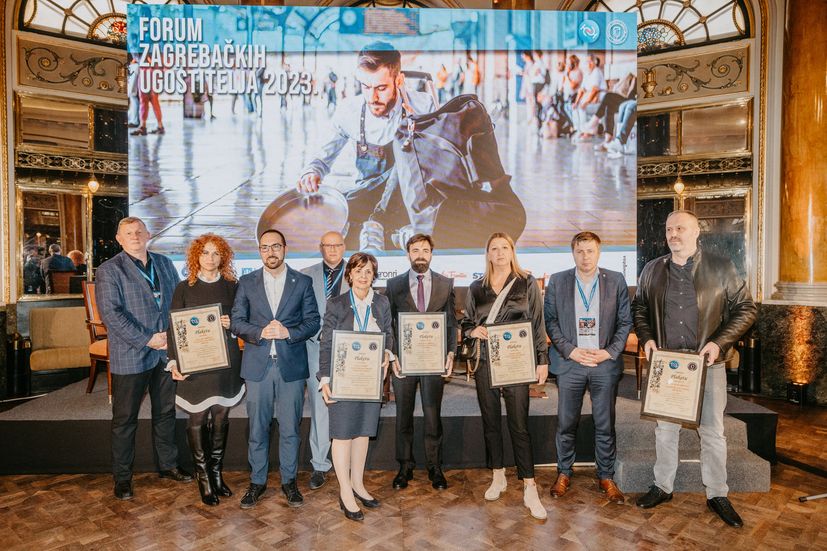
Photo credit: Davorin Krešić)
Franz Letica, President of the Zagreb Caterers’ Association, is very satisfied with the resolved demands that the caterers addressed to the Government and the City at last year’s forum.
“We are proud because our proposal for tax-exempt tips through POS devices has finally been accepted. Likewise, the Ministry of Economy has enabled us to have an acceptable price for energy for the current period. It is precisely this fact that has allowed catering establishments to continue operating. Similarly, only restaurant, tavern, and cellar caterers were allowed to apply for non-refundable funds for the first time this year. We hope that this mistake will be rectified and that the entire catering sector will soon be able to apply for these funds.”
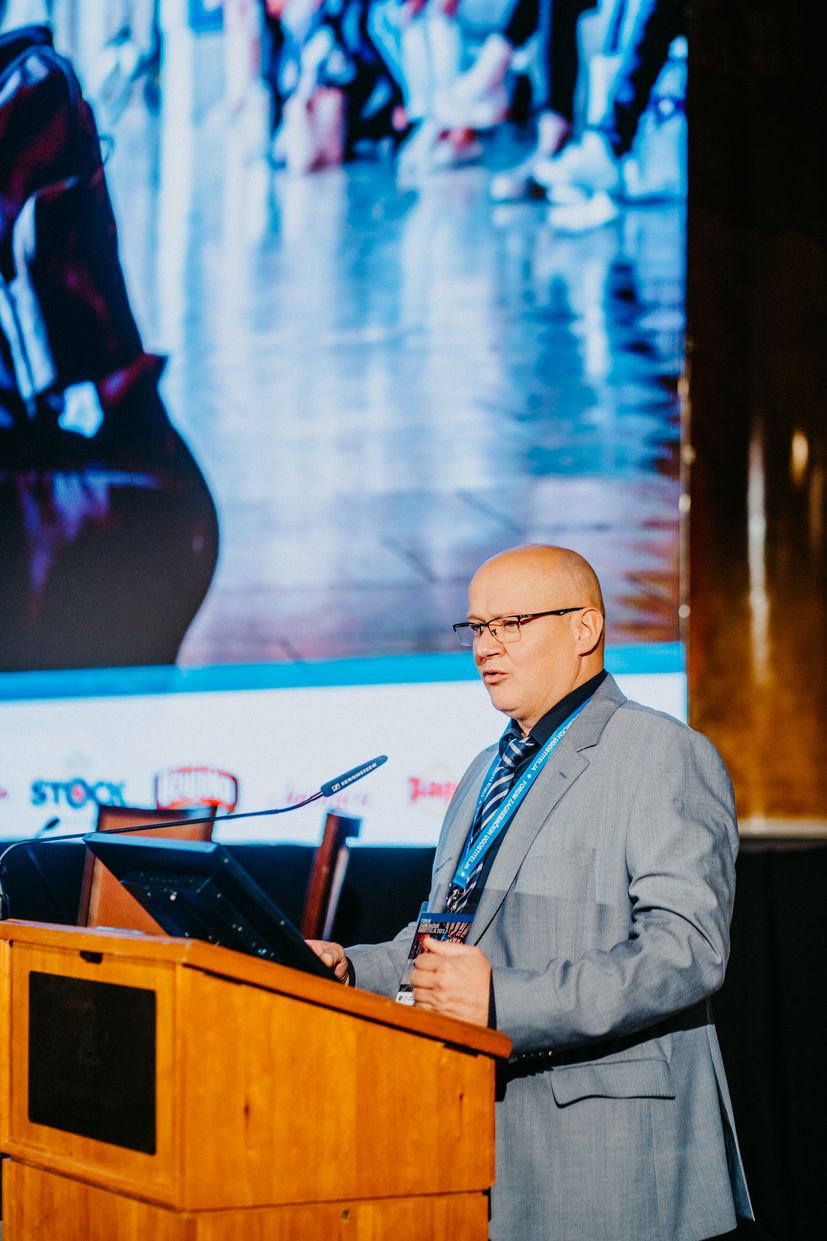
Franz Letica (Photo credit: Davorin Krešić)
After the official part of the forum, attendees enjoyed gastronomic delicacies with autumn flavors and scents from renowned Zagreb restaurants such as Stari Puntijar, Zvona Catering, Catering Tim Lisak, Konoba Mašklin, and Lata i Didov San, while Amelie and M&M pastry shops provided sweet treats.

(Photo credit: Davorin Krešić)
Caterers’ demands to the Government of the Republic of Croatia:
Esteemed representatives of the Government of the Republic of Croatia, the existing 25% tax along with the euro and inflation, increased input costs, and all other difficulties have seriously jeopardized our business as well as our survival. To create a long-term stable, green, resilient, and above all sustainable tourism sector, we propose the reharmonization of the tax rate in catering for services providing accommodation and preparation of meals, drinks, and beverages to 13%.
Following the example of other European countries such as Germany, we advocate for a reduction in the tax burden of contributions and levies on wages and an increase in personal deductions.
Simplification of the obligation to keep material accounting records in the sense that it is a recommendation rather than an obligation would be very important additional relief for the sector.
We demand a solution for employing workers during periods of increased business frequency, such as weekends. We propose the introduction of an e-vignette system for employees, where the employee’s name, surname, and OIB would be entered, and the purchase of this vignette would automatically cover all costs and contributions to the state for these workers.

Photo credit: Davorin Krešić)
Caterers’ demands to the City of Zagreb:
The increase in the rent of parking spaces for terrace needs – we demand a postponement of the decision to gradually implement it. The currently announced 450% increase next year and the same percentage in the following year is simply unacceptable to caterers.
There are significant problems with waste disposal in the city center and the penalization of caterers for alleged improper disposal, so we call for a dialogue on this issue.
We call for support and understanding and appeal to the City of Zagreb to consider the necessary motivation of the workforce when determining the income tax rate, which will affect the wage level of employees, as it is necessary to motivate, not demotivate, the existing and future workforce. Local units of self-government now have a significant impact on determining the wage level of workers with the tax changes adopted by the Government of the Republic of Croatia.

